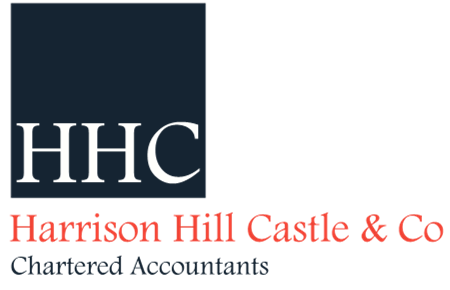Extension of the Coronavirus Job Retention Scheme and the Self-Employment Income Support
HMRC have released the following notes regarding to the two schemes:
Coronavirus Job Retention Scheme
The Coronavirus Job Retention Scheme (CJRS), which was due to end on 31 October, will now be extended, with the UK government paying 80% of wages for the hours furloughed employees do not work, up to a cap of £2,500 for periods from 1 November.
Employers will need to pay all employer National Insurance Contributions (NICs) and pension contributions. They can choose to top up their furloughed employees’ wages beyond the 80% paid by the UK government for hours not worked, but they are not required to do so.
There will be no gap in support between the previously announced end date of CJRS and this extension. For more information, go to GOV.UK and search ‘furlough scheme extended’.
How will it work?
You will have flexibility to ask your employees to work on a part-time basis and furlough them for the rest of their usual working hours, or furlough them full-time. You will have to cover their wages for any hours they work as well as all employer National Insurance and employer pension contributions.
You will be able to claim either shortly before, during or after running your payroll. There will be a short period initially when the online claims service will be closed while we update the system, and you will be able to claim in arrears for that period.
Further details will be provided in the next few days.
How to check if your employees are eligible
Employers can claim for employees who were on their PAYE payroll on 30 October 2020. You or your clients must have made a PAYE Real Time Information (RTI) submission to HMRC between 20 March and 30 October 2020, notifying a payment of earnings for that employee.
If employees were on an employers’ payroll on 23 September 2020 (i.e. notified to HMRC on an RTI submission on or before 23 September) and were made redundant or stopped working for them afterwards, they can also qualify for the scheme if they re-employ them.
Neither the employer nor the employee needs to have previously used the CJRS. Further details on eligibility will be provided in the next few days.
What you need to do now
- Check if your employees are eligible for the scheme, based on the information above.
- Agree working hours with your employees, so they know if they are furloughed fully or part-time during November.
- Keep the records that support the amount of CJRS grant you claim, in case HMRC need to check it. You can view, print or download copies of your previously submitted claims by logging onto your CJRS service on GOV.UK.
Job Support Scheme
The new Job Support Scheme, which was due to start on Sunday 1 November, has been postponed.
Self-Employment Income Support Scheme (SEISS) Grant Extension
The generosity of the Self-Employment Income Support Scheme (SEISS) Grant Extension will be increased from 40% of average trading profits, to 55%.
In addition, the opening of the service has been brought forward from 14 December to 30 November.
How will it work?
The SEISS Grant Extension provides support to the self-employed in the form of two grants, each available for three-month periods covering November to January and February to April.
Grants will be paid in two lump sum instalments each covering a three-month period.
The first grant will cover a three-month period from the start of November until the end of January. The UK government will provide a taxable grant covering 55% of average monthly trading profits, paid out in a single instalment covering three months’ profits, capped at £5,160 in total.
The grant will be increased from the previously announced level of 40% of trading profits to 80% for November. This therefore increases the total level of the grant from 40% to 55% of trading profits for November to January.
The second grant will cover a three-month period from the start of February until the end of April. The UK government will review the level of the second grant and set this in due course.
The grants are taxable income and subject to National Insurance contributions.
Who is eligible?
- To be eligible for the scheme, self-employed individuals, including members of partnerships – must:
- have been previously eligible for the Self-Employment Income Support Scheme first and second grant (although they do not have to have claimed the previous grants)
- intend to continue to trade and either:
- are currently actively trading but are impacted by reduced demand due to coronavirus
- were previously trading but are temporarily unable to do so due to coronavirus.
Please search ‘Self-Employment Income Support Scheme Extension’ on GOV.UK for further information.







